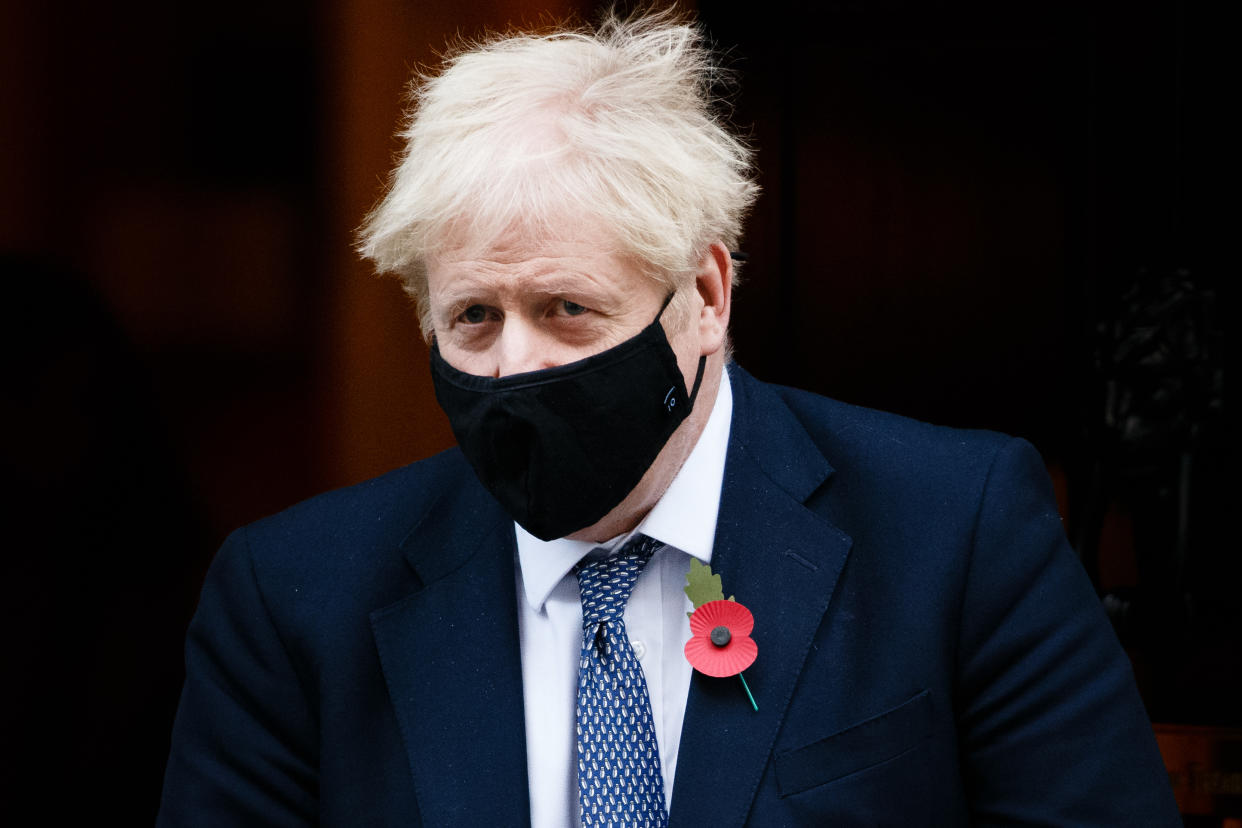'Bewildered and anxious': New shielding advice announced just hours before lockdown sparks backlash

“Bewildered” charities have attacked the government after it announced vulnerable people should start shielding within hours.
On Wednesday afternoon, Downing Street released new shielding guidance saying people who are “clinically extremely vulnerable” should stay at home at all times – except for exercise or health appointments – from midnight on Thursday, when England’s four-week coronavirus lockdown comes into force.
It includes people with reduced immune systems, specific cancers or severe respiratory conditions such as cystic fibrosis.
These groups had been told to shield during the first wave of the pandemic due to increased health risks in the event of exposure to COVID-19.
However, people with chronic kidney disease (stage 5) and those undergoing dialysis, as well as adults with Down’s syndrome, were newly added to the shielding patient list at short notice on Wednesday.
The new guidance was supposed to have been published on Monday.
Fiona Loud, policy director at Kidney Care UK, responded: “We are frustrated that merely days after being told by the prime minister that there would be no return to shielding, this change to the advice has left many bewildered and anxious.
“Patients and their families have told us throughout the pandemic that they need clear, simple and timely information which enables them to get the support they so desperately need, particularly when it comes to employment.
“Once again they feel let down.”
Edel Harris, chief executive of the learning disability charity Mencap, said adding adults who have Down’s syndrome to the shielding list could lead to “even higher levels of loneliness for people in this group”.
He added: “We are deeply concerned that this new measure could also lead to further problems for people with Down’s syndrome when accessing healthcare.”
It comes just three months after shielding ended following the first wave of the pandemic.
Meanwhile, concerns have also been raised about vulnerable groups that have not been included in the new list.
Paul Edwards, director of clinical services at Dementia UK, said the government had “once again done too little, too late for people to prepare”.
Watch: Can you catch COVID twice?
Read more: Theresa May attacks Boris Johnson over online Remembrance services during lockdown
Laura Cockram, head of policy and campaigning at Parkinson’s UK, said “this ‘vulnerable, but not vulnerable enough’ position has led to ambiguous advice, confusion and untold amounts of stress”.
The government has said it will provide more than £32m to councils to support the clinically extremely vulnerable during the four-week lockdown.
The shielding measures are set to end alongside the lockdown on 2 December, though the government said it could then adopt a “regional approach”. It said it will issue “further guidance at the time”.
Dr Jenny Harries, deputy chief medical officer for England, said: “With the prevalence of the virus continuing to increase across England and in places across the world, it’s right that we adjust our advice for the clinically extremely vulnerable accordingly so they can feel as safe as possible over the coming few weeks.
“Our guidance for this group of individuals has always been advisory, but I would strongly urge all those who are clinically extremely vulnerable to take these extra precautions to keep themselves as safe as possible.”
Prof Mark Woolhouse, professor of infectious disease epidemiology at the University of Edinburgh, said: “The announcement today is welcome but feels like an afterthought. It should have been made weeks ago as soon as cases started to rise.
“Vulnerable people will need support to protect themselves, not just advice. A priority should be easy access to regular testing for their close contacts, carers and family members.”
Coronavirus: what happened today
Click here to sign up to the latest news and information with our daily Catch-up newsletter
Watch: What are the fines for breaching self-isolation? Find out here

 Yahoo News
Yahoo News 

